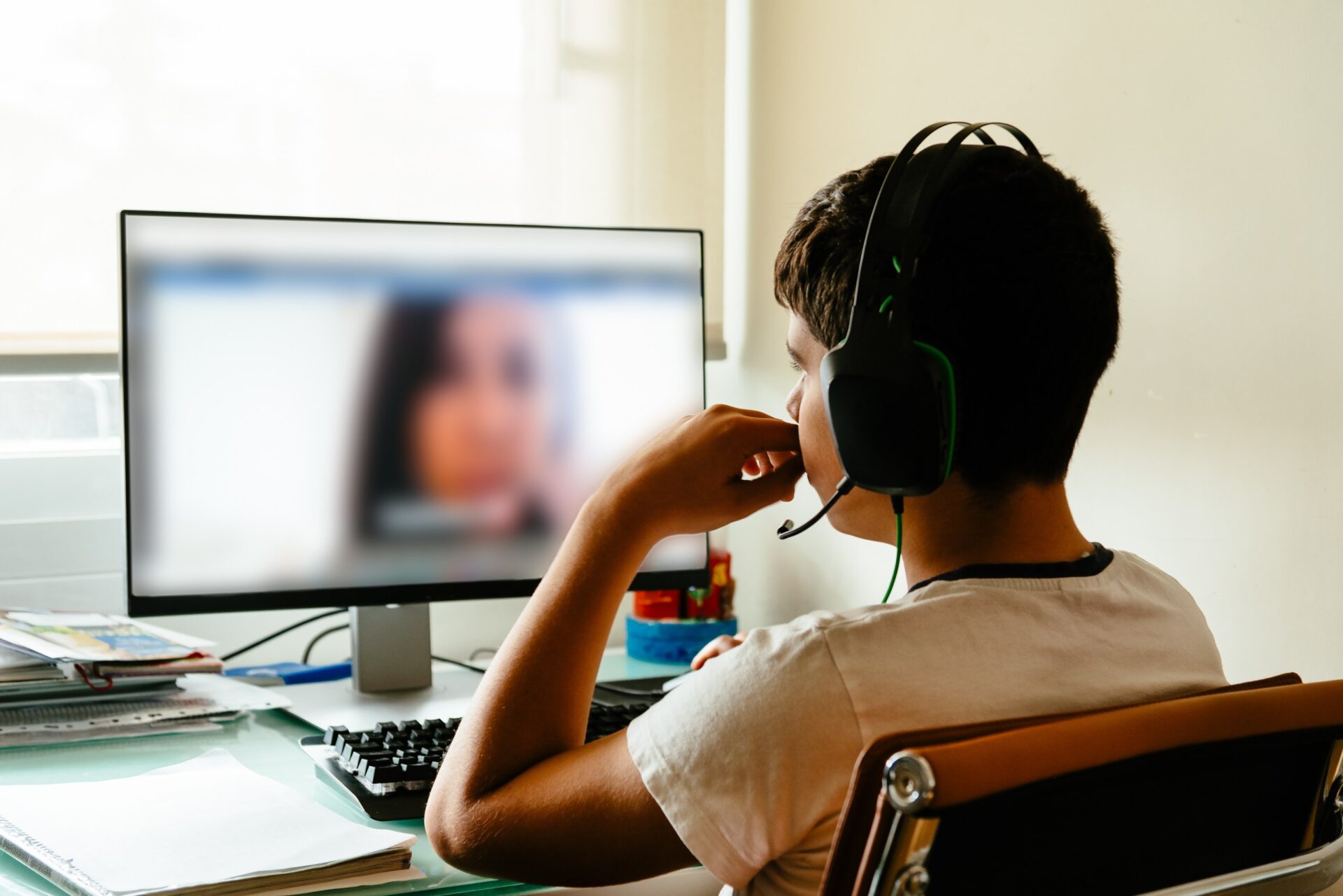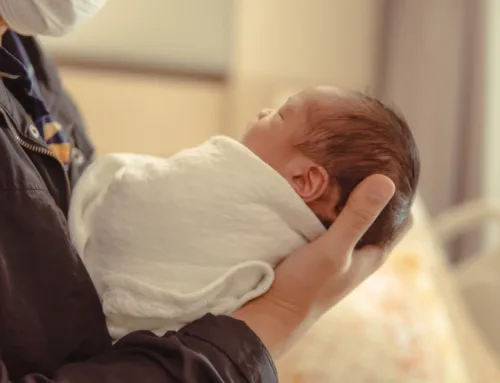This is according to a study carried out by experts from the UIB, which warns of the sexual and psychological consequences that this practice can have
90% of young people and adolescents in the Balearic Islands consume pornography on the Internet. Some 20% identify themselves as problematic consumers (they spend more hours than they want to) and 76.2% prefer the hardest videos or those with violence. These are the data collected in the ‘Study on pornography in the Balearic Islands: access and impact on adolescents, applicable international and national law and technological solutions for control and blocking’. The Government has commissioned this study to a multidisciplinary team from the UIB.
The study warns that, in the long term, consumption among adolescents and young people can cause mental health problems and problems in sexual and affective relationships. 24 professionals have carried out a total of four complementary studies.
In the first, 3,629 young people between the ages of 13 and 18 were surveyed. On the other hand, a total of 2,692 families participated in the second survey. The third part involved focus groups with young people and, finally, 32 experts from academia and research were consulted.
Early access
76% of the young people and adolescents surveyed access the Internet at a very early age, before the age of 12, while 20% do so before the age of 14. Early access is the same for both genders, as pornography has become a common process in its use and culture.
Lluís Ballester, PhD in Sociology at the UIB, is one of those responsible for the study, together with Valentina Milano, director and lecturer in International Law at the UIB.
34.3% of young people watch more than three hours of porn, compared to 2.6% of women. Thirty-one per cent of the sample as a whole watch more than five hours a week, mainly boys.
Porn to learn about sexuality
54% of these respondents watch porn to satisfy their curiosity, but 39.8% do so to learn about sexuality. Thus, pornography is the main source of learning for them, the researchers explained.
However, of the more than 2,600 families who took part in the sample, only 20% acknowledged that their son or daughter frequents this industry via the internet.








Leave A Comment